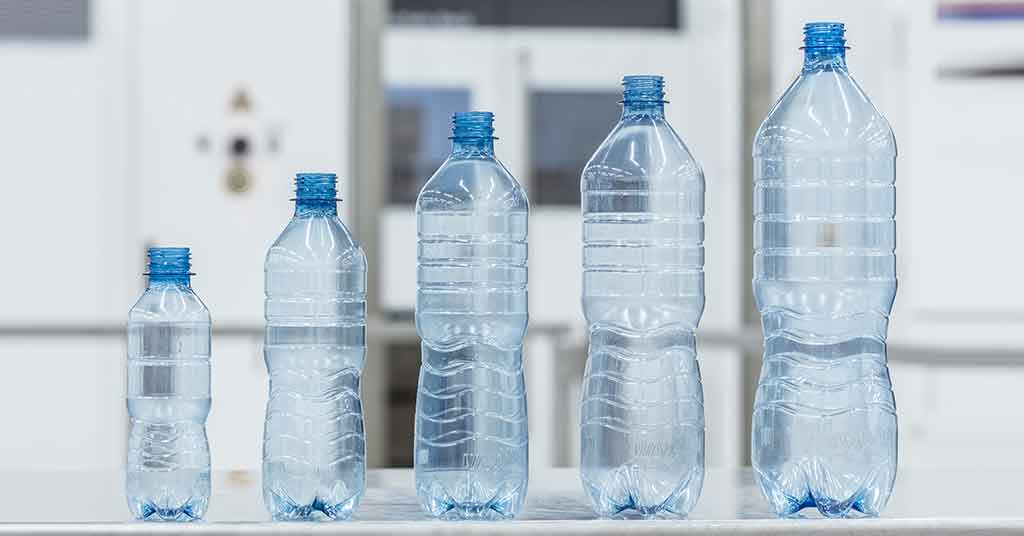Welcome To ChemAnalyst

APR has recently expanded its PDR program, previously known as Meets Preferred Guidance (MPG), to include six new packaging components. This initiative, integral to promoting sustainable practices within the industry, offers third-party validation certifying product compatibility with the North American recycling system. The recognition is based on the APR Design Guide for Plastics Recyclability, ensuring that the products achieve preferred status. Among the recently incorporated packaging components are PP base resins, direct print for PP packaging, closures, fitments, and liners for PP containers, complete and unprinted label constructions for PP packaging, PP containers/bottles/rigid packages, and PP packaging constructions.
This strategic move by APR signifies a commitment to addressing the evolving landscape of recyclability, acknowledging the need for continual improvement and expansion of accepted materials. Notably, the program is expected to further broaden its scope, soon encompassing PET and colored HDPE containers and packaging constructions. Additionally, categories for natural HDPE packaging and PE films are anticipated to be included in the near future.
Ruben Nance, the program director for APR's Preferred Design Recognition, underscored the importance of this expansion by mentioning that, since its establishment more than two decades ago, the APR Design Recognition has assessed and acknowledged packaging from over 120 companies. This process has contributed to the widespread acceptance of influential innovations aimed at enhancing the recyclability of plastic packaging and diminishing plastic waste. This acknowledgment underscores the program's historical contributions to driving positive change within the industry.
The APR Design Recognition program operates through three distinct paths, each tailored to the nature of the item being submitted. These paths include Preferred Design, Critical Guidance, and Responsible Innovation, all ultimately leading to the same level of recognition. This streamlined approach ensures that the product meets the criteria for recyclability outlined in the APR Design Guide.
For manufacturers of components and packaging, the program serves as a mechanism to reward investments made in overcoming recycling challenges and replacing problematic items. It encourages innovation that aligns with sustainable practices, reinforcing the industry's commitment to reducing its environmental impact. Brands and retailers stand to benefit from the program as well, gaining confidence and risk reduction in making claims and adhering to voluntary or legislative sustainable packaging requirements. Moreover, the program contributes to the increased supply of high-quality post-consumer recycled content (PCR), fostering a circular economy for plastic materials.
APR's expansion of the Preferred Design Recognition program reflects a proactive approach to advancing plastic recyclability. By incorporating additional packaging components and signaling future inclusivity of more materials, APR is positioned as a driving force in promoting sustainable practices within the plastics industry. This initiative not only facilitates easier identification of recyclable packaging solutions but also strengthens the collective effort to address the challenges associated with plastic waste.
We use cookies to deliver the best possible experience on our website. To learn more, visit our Privacy Policy. By continuing to use this site or by closing this box, you consent to our use of cookies. More info.
